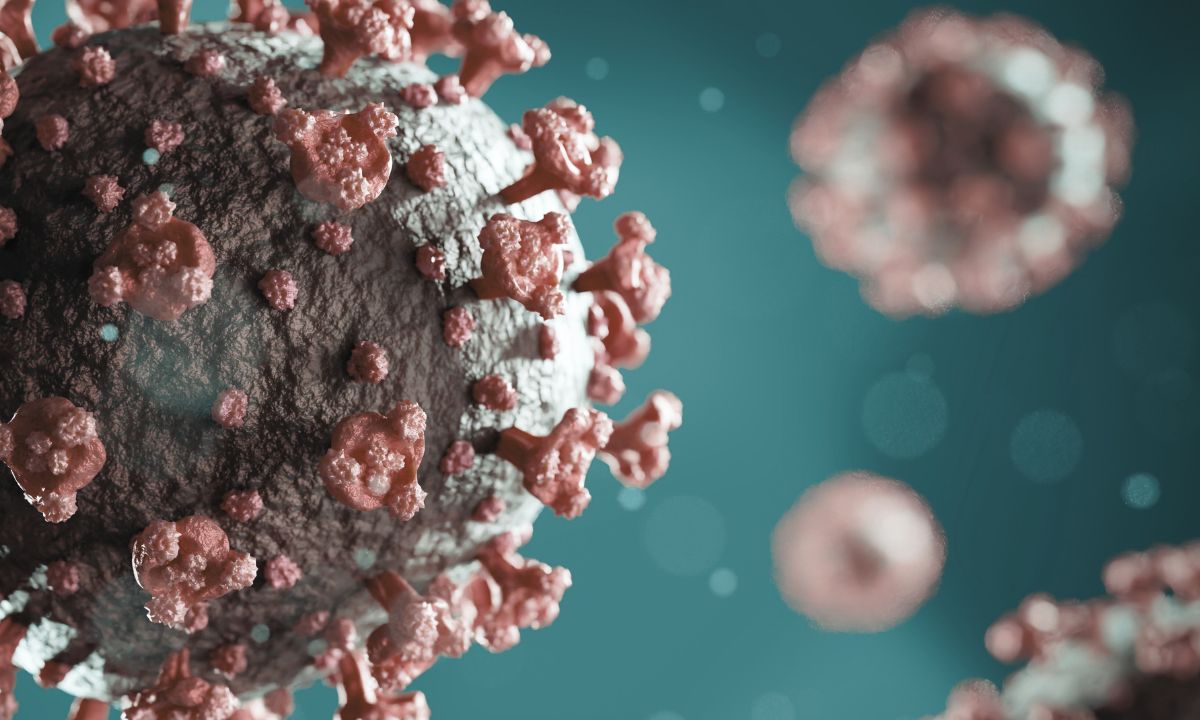Scientists have identified a new coronavirus strain called HKU5-CoV-2, raising concerns about its potential to spread to humans in the future. However, researchers emphasize that its current ability to infect people is much lower than SARS-CoV-2, the virus responsible for COVID-19.
A study published in the journal Cell revealed that HKU5-CoV-2 shares a key feature with SARS-CoV-2: the furin cleavage site, which helps the virus enter human cells through the ACE2 protein. Laboratory experiments using human respiratory and intestinal cells showed that while the virus can infect human cells, it does so less efficiently than SARS-CoV-2 due to its weaker ability to bind to ACE2 and other limiting factors.
Dr. Michael Osterholm, an infectious disease expert at the University of Minnesota, cautioned against unnecessary panic. He explained that, unlike 2019, the global population now has strong immunity against SARS-like viruses, reducing the likelihood of another pandemic. Additionally, scientists have already identified monoclonal antibodies and antiviral drugs that may effectively combat this new strain, offering hope for future prevention.
Despite reassurances from experts, the discovery has gained significant attention from pharmaceutical companies. According to Bloomberg, stock prices of vaccine makers surged following the news. Pfizer shares rose by 1.5%, Moderna by 5.3%, and Novavax by 1%, even as the broader market declined.
While the emergence of HKU5-CoV-2 highlights the need for continued virus surveillance, experts agree that it currently does not pose an immediate global threat.






